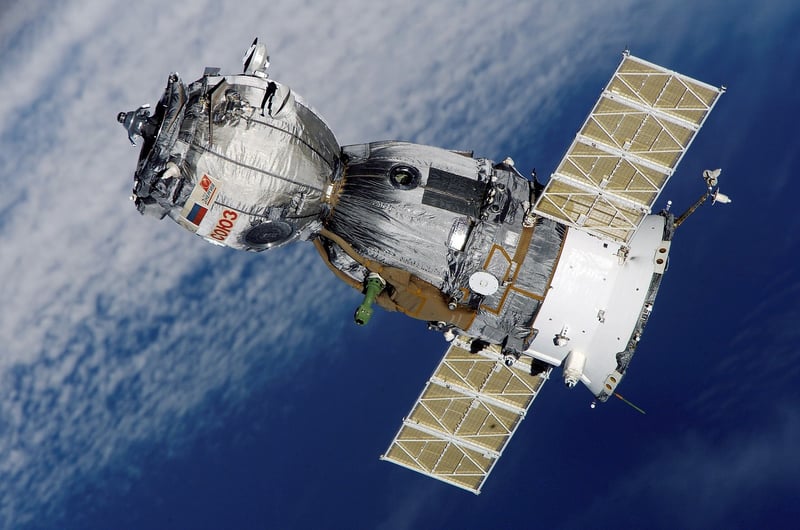Temporal Loops
The Consequences of Time and Temporal Loops
Time is a concept that has fascinated humans for centuries. From the philosophical ponderings of ancient thinkers to the intricate theories of modern physicists, the nature of time and its consequences have been a source of endless speculation.
Understanding Time
Time is a fundamental dimension in which events occur in succession. It is a continuous progression of moments, from the past through the present to the future. However, the nature of time is not as straightforward as it may seem.
Temporal Loops
Temporal loops are a fascinating and puzzling concept that occurs when an event in the past influences the future, which in turn affects the past. This creates a loop in time where cause and effect become intertwined, leading to paradoxes and inconsistencies.
Consequences of Temporal Loops
The consequences of temporal loops can be both intriguing and troubling. They challenge our understanding of causality and raise questions about free will and determinism. Some potential consequences of temporal loops include:
- Paradoxes: Temporal loops can create paradoxes where events contradict each other, leading to logical inconsistencies.
- Reality Alteration: Changes made in the past through a temporal loop can alter the present and future, potentially creating alternate timelines.
- Causality Loops: Events in a temporal loop may have no clear origin, blurring the distinction between cause and effect.
- Temporal Divergence: Temporal loops can lead to divergent timelines where different versions of events coexist.
Conclusion
Time and temporal loops present a complex and intriguing puzzle for scientists, philosophers, and storytellers alike. While the consequences of temporal loops may challenge our understanding of the universe, they also offer a glimpse into the mysterious and intricate nature of time itself.

